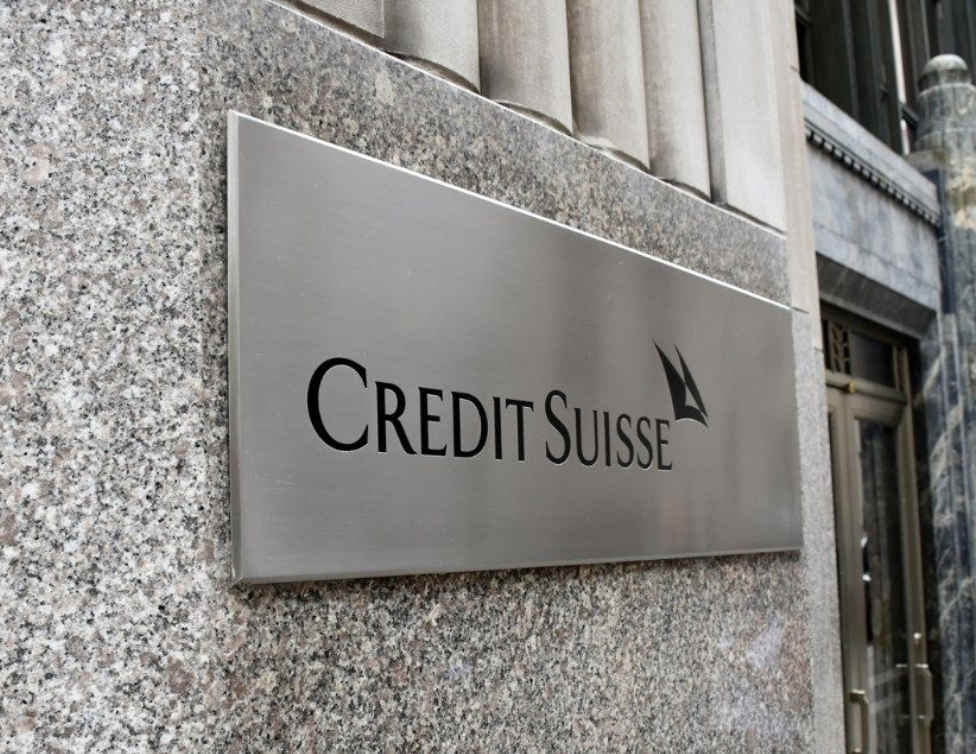Legal
Credit Suisse AT1 Bondholders Score A Win In Swiss Ruling

Controversial at the time, the "shotgun" wedding between the two Swiss banks involved the write-down of AT1 bonds – a form of capital designed to absorb losses. This prompted legal claims from affected investors. This week, a Swiss court gave investors a glimpse of possible success.
Credit Suisse bondholders seeking recompense after their
investments were wiped out in the UBS
emergency takeover might achieve a
successful campaign – although further legal obstacles
must be overcome.
A Swiss court has ruled, in a test case, that complainants had a
right to appeal the matter.
A group of 3,000 investors had claimed that the UBS emergency
takeover of Credit Suisse in March 2023, carried out at the
behest of Swiss authorities, was unlawful. Some SFr16.5 billion
($20.7 billion) of additional tier 1 (AT1) bonds were written
down at the time. UBS bought its Zurich-listed rival for SFr3
billion, which in some quarters is seen as cheap. Yet Credit
Suisse AT1 bondholders were wiped out, provoking the ire of
several asset managers. (See examples
here and
here.)
On 1 October, the Swiss Federal Administrative Court (FAC) ruled
on one of those as a test case, supporting those complainants’
right to appeal and revoking the decree. A statement from the
tribunal was issued on Tuesday this week.
However, the road towards possible compensation is uncertain. The
Swiss Financial Market Supervisory Authority FINMA said it will contest the
judgment and appeal to the Federal Supreme Court. “The write-down
was part of an overall package to stabilise Credit Suisse via a
merger with UBS, for which extraordinary state support measures
were necessary,” FINMA said in a statement.
Was this lawful?
The court said it examined whether there was a statutory
basis for the write-off order.
“It considered that the bondholders’ property rights were
seriously interfered with, which would have required a clear and
formal legal basis. But no such basis existed: Article 26 BankA,
which provides for protective measures in the event of an
impending insolvency, addresses a different subject
matter and, in any event, it is too vague to be relied upon
for a write-off of third-party rights under the principle of
legality,” the court said.
UBS declined to comment to WealthBriefing on the
matter.
The emergency takeover of Credit Suisse, coming after a string of
mishaps and scandals that had hit the bank’s shares, leaves
Switzerland with one universal bank. The saga dented the Alpine
state’s reputation for financial solidity.
There is speculation whether UBS or the Swiss government will
have to recompense bondholders.
The Court said details on the emergency takeover of Credit
Suisse appear to flout constitutional law.
“Since the decree of 19 March 2023 is based on the Emergency
Ordinance, the FAC also examined its constitutionality on a
preliminary basis. Article 5a of the Emergency Ordinance proved
unconstitutional in several respects, namely because it violates
constitutional requirements in relation to emergency ordinances
by the Federal Council (Articles 184(3) and 185(3) of the Federal
Constitution, FC), to the delegation of expropriation rights
(Article 178(3) FC), as well as to the guarantee of ownership
(Article 26 FC),” it said.
UBS is scheduled to issue third-quarter 2025 results on 29
October.